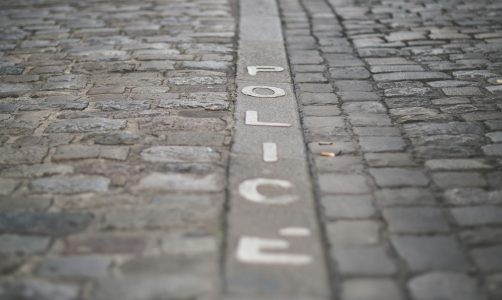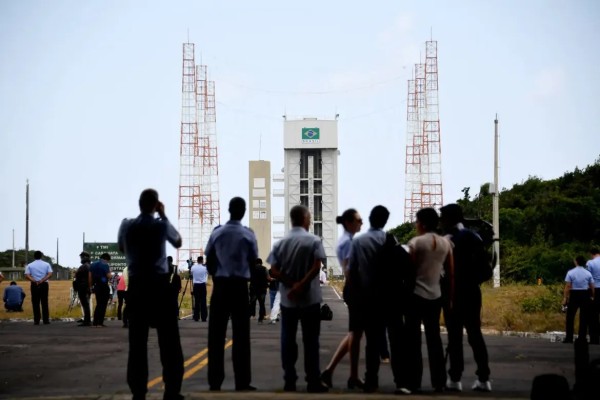SIF201 Grand Challenge Research Investment Phase 2:
Digital Technology and Society
Digital Technology and Democracy Initiative
Grand Challenges
Project Manager: Laurent Dubois
Approved: Fall 2023
Project Dates: 1/1/2024 – 12/31/2028
Total Funding: $7,500,000
The University of Virginia is poised to take the lead in addressing a major global challenge: ensuring that rapidly evolving digital technologies fortify, rather than undermine, democratic institutions and practices. We will bring together research and practice in innovative ways that create collaboration and exchange between academia, policy makers, and the technology industry. Building on existing but still too fragmented strengths at UVA, our proposed investment will catalyze the project of crafting digital technology for democracy. We will pursue this through the following two initiatives:Technology & Democracy Fellows program and Technology and Democracy Exchange.
The Technology & Democracy Fellows program will support post-doctoral fellowships. This transdisciplinary, university-wide investment will bring the best emerging researchers working at the intersection fields to UVA, helping to train a critical mass of the next generation of scholars and leaders and serving to connect and accelerate faculty research. Fellows will be brought together, along with faculty mentors, regularly to share their research and to build community. They will also be invited to participate in the activities of the Technology and Democracy Exchange. We hope the fellows program will lead to a range of scholarly publications but also various kinds of public scholarship and outputs with policy implications.
The Technology and Democracy Exchange will bring practitioners in the technology industries and government/policy spheres together with academic researchers for intensive exchange and collaborative work. The goal of this conversation and consultation between different leadership and practice sectors will be to help envision and design an ecosystem in which digital technologies sustain democracy. These programs will range from half-day to day-long workshops to intensive one- to two-week sessions for training and research development. The Exchange activities will be animated by the goal of creating new conversations that will have a sustained impact on how industry and government think and act on this issue. In our first year, we will focus particularly on questions about the potential impact of evolving versions of AI.
The successful harnessing of digital technology in support of democracy is one of the most pivotal projects of our time and has the potential to change the cultural and political dynamics in societies around the globe. We at UVA can and should play a creative and courageous role in this project. In so doing, we will be fulfilling and sustaining the core mission of the university while also demonstrating the critical role universities have in fortifying and nourishing the future of democracy.
Charting AI Regulations for Ethical Law Enforcement
Artificial Intelligence (AI) is increasingly becoming a key player in various sectors, and policing is no exception. From predictive analytics that anticipate crime hotspots to facial recognition systems aiding in suspect identification, AI promises to revolutionize law enforcement. Predicting policing requires and relies on a forecasting model to determine the likelihood of crime occurring in certain places by certain people, using historical data and algorithmic processes. Today, hundreds of police departments have instituted mechanisms to enforce more predictive policing.
Facial recognition software is a technology that uses categorized images through training datasets and utilizes algorithms to match images to a specific database. These systems can match a suspect’s face to an existing database or serve as a surveillance measure to identify individuals in public areas. While such applications may enhance policing efficiency, they also raise questions about misuse, inaccuracies, and the erosion of public trust in law enforcement practices. More...


Brazil seeks to break Starlink monopoly
On October 21, a delegation from the Brazilian government visited the facilities of Spacesail, a manufacturer of low-orbit satellites, in Shanghai. “We were impressed by what we saw, not only by their ability to produce up to one satellite per day, but also by their ambitious plan for expansion and development in space”said Juscelino Filho, Minister of Communications, in an article on X, announcing that the company will establish itself in Brazil within two years.
Read also | Article reserved for our subscribers Big maneuvers in sight at the G20 summit in view of Donald Trump’s return to the White House
Read later

